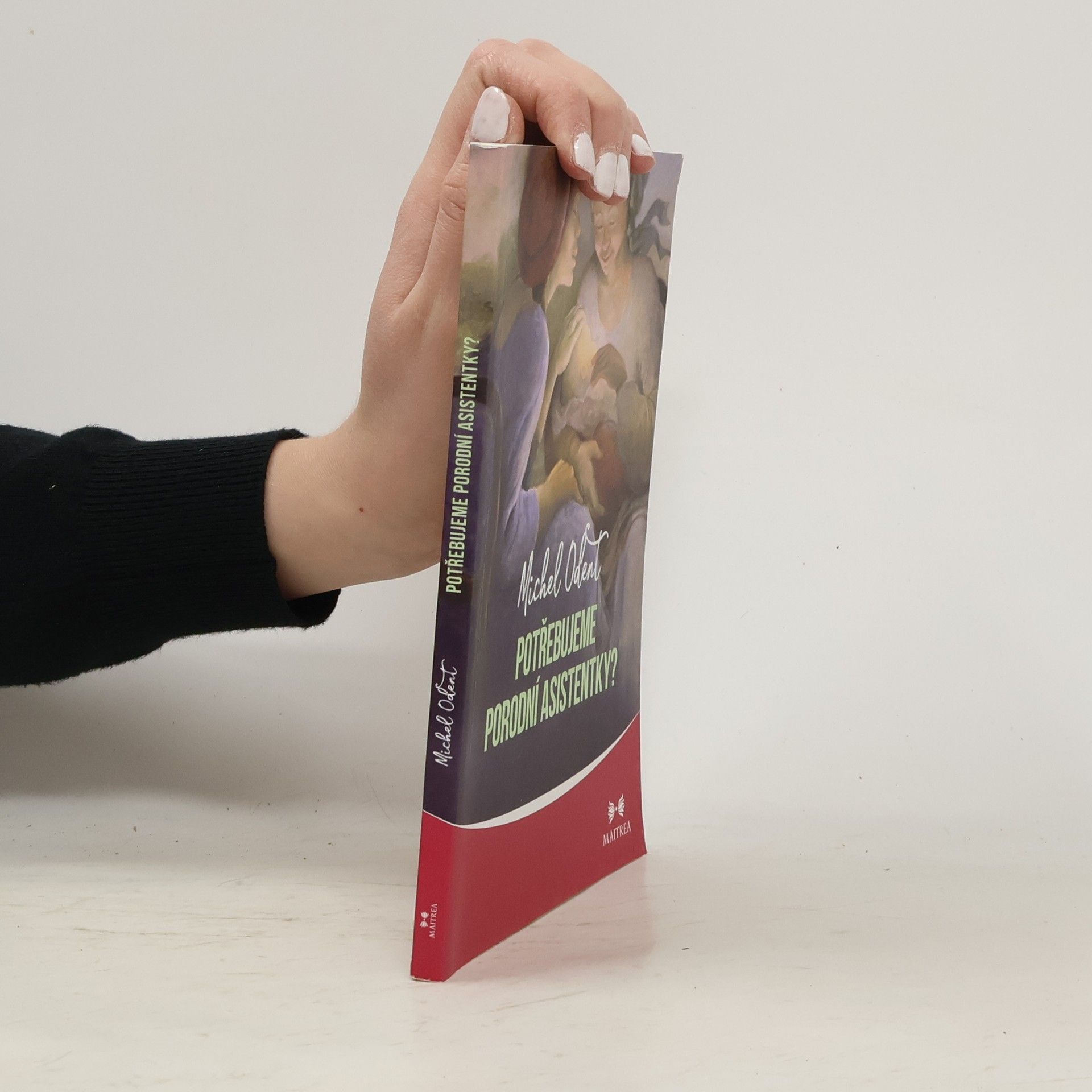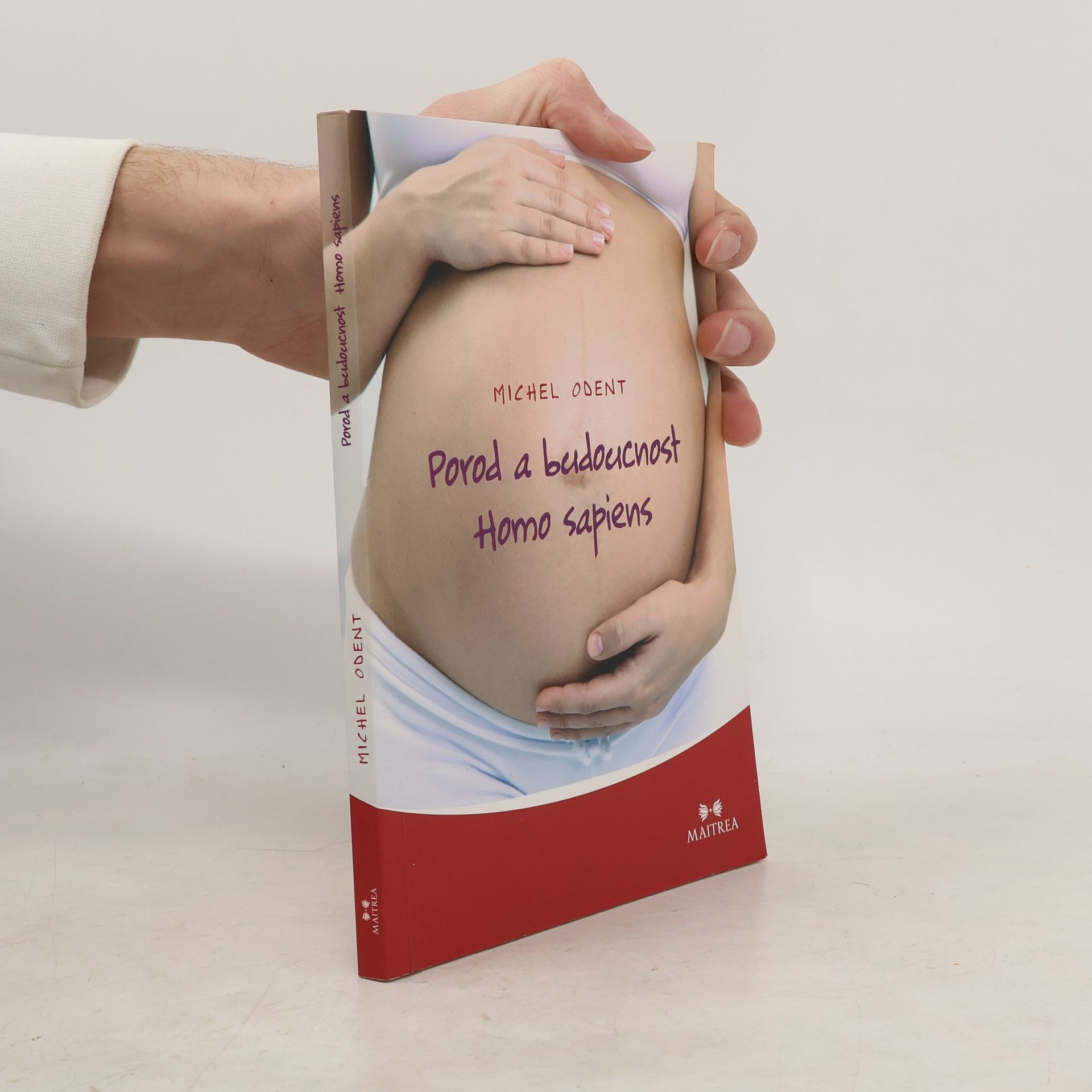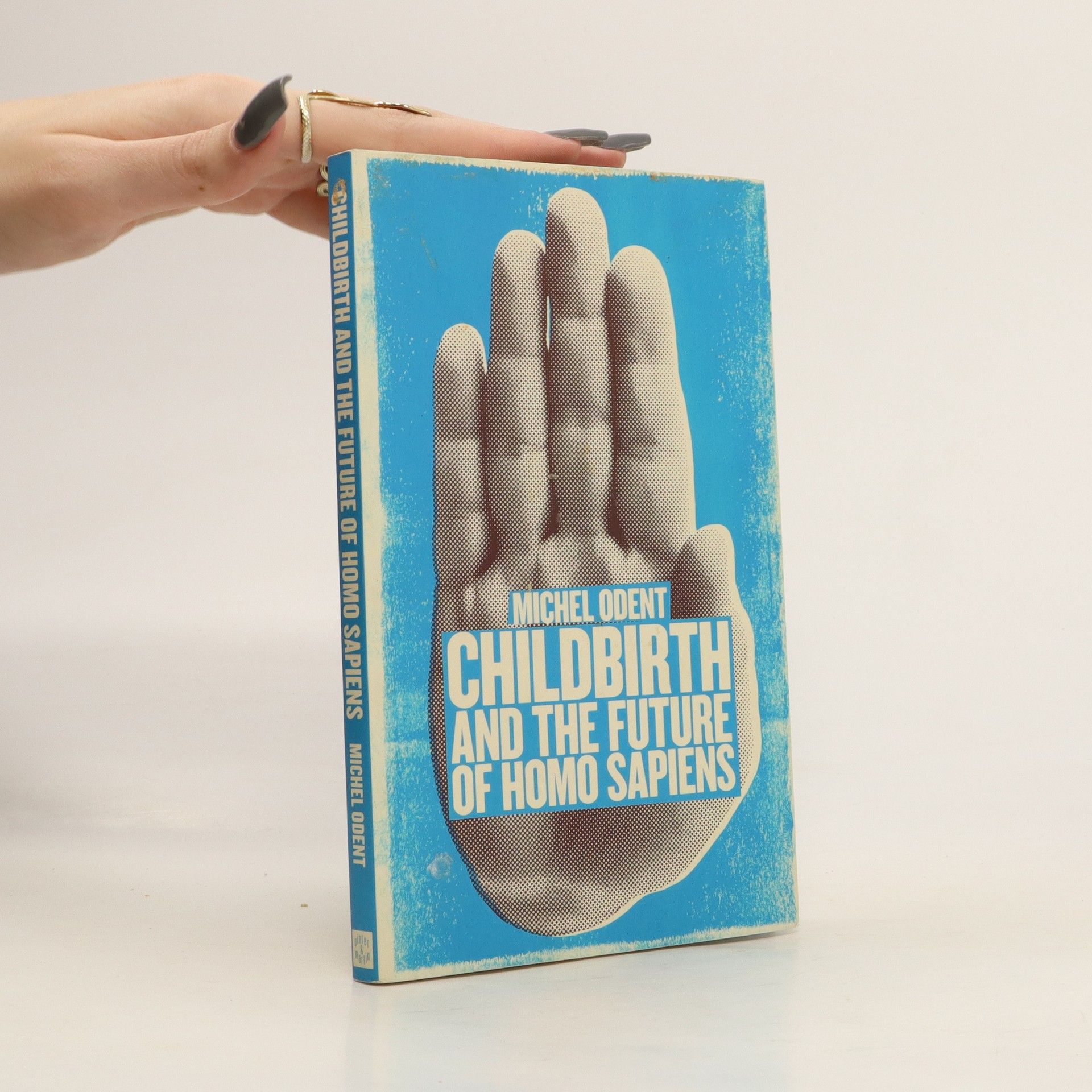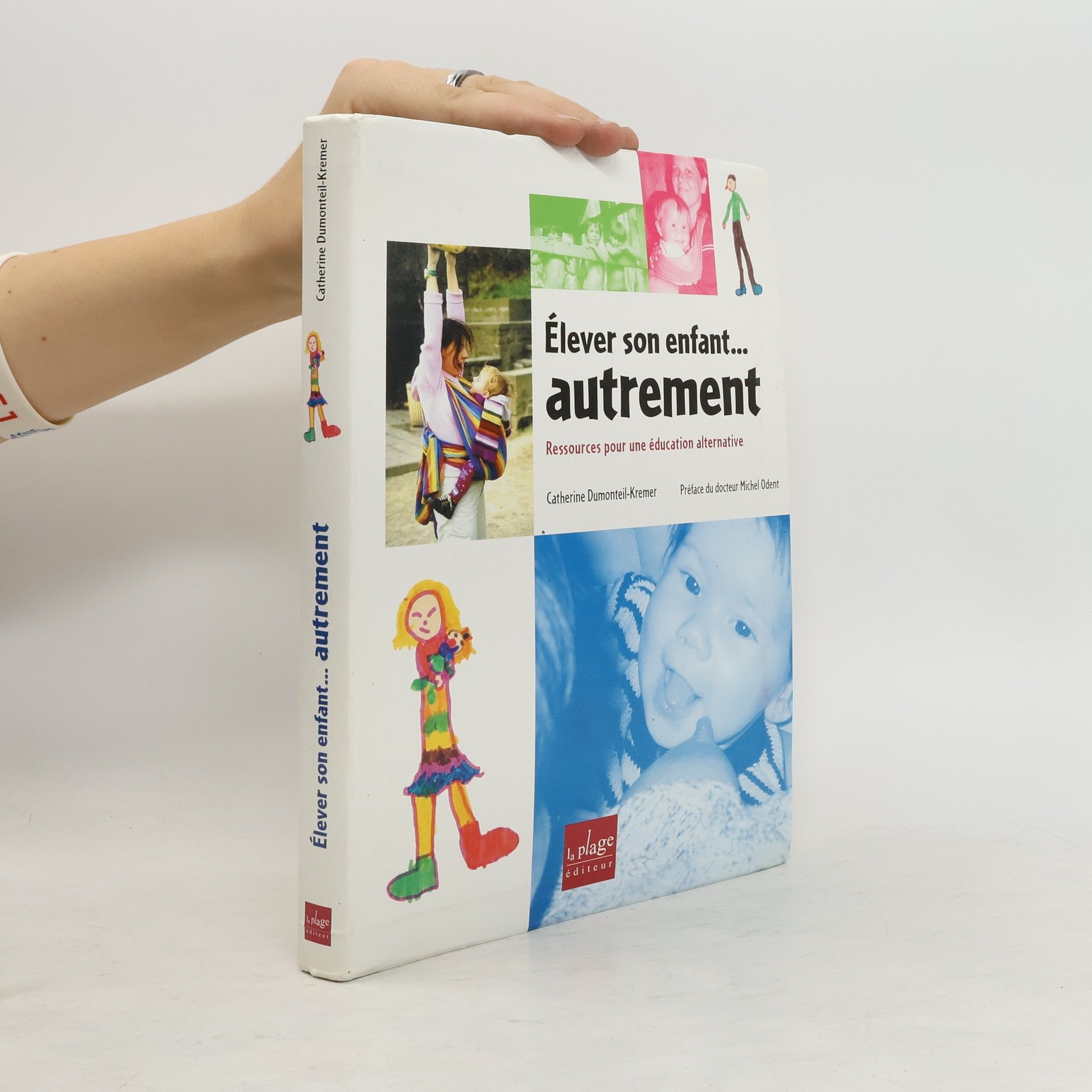Since the advent of agriculture and animal husbandry, the human population has multiplied by about one thousand in a 'demographic explosion'. However, in recent years, global fertility rates have begun to decrease significantly, and this is one reason to make a case for humans being becoming an endangered species. Many of the possible interpretations of this dramatic U-turn in the history of mankind may be found in modern ways of being born. For example, where caesarean rates are high, the average number of babies born per woman is very low. During the ultimate phase of the history of socialised birth, the hormonal dance that was previously essential is altered or eliminated. Today childbirth needs to be highly medicalised, after thousands of years of misunderstanding of the physiological processes involved. In a renewed scientific context, it may still be possible to rediscover the basic needs of labouring women and to try to ensure the future of our species. Is it too late to reach such a utopia? Michel Odent re-evaluates the comparative importance of recently acquired insights, to suggest links between data and ways of thinking from a great diversity of highly specialised disciplines.
Michel Odent Book order (chronological)
Michel Odent is a visionary whose work has profoundly shaped contemporary understandings of childbirth and health research. For decades, he has championed approaches that prioritize the long-term consequences of early life experiences, fundamentally influencing how we view birth and early development. His research, particularly through the Primal Health Research Center, highlights the critical role of the primal period from conception to the first year in shaping lifelong health and sociability. Through his influential writings, Odent encourages a shift in focus from preventing disease to cultivating health, and from preventing violence to fostering the capacity for love.

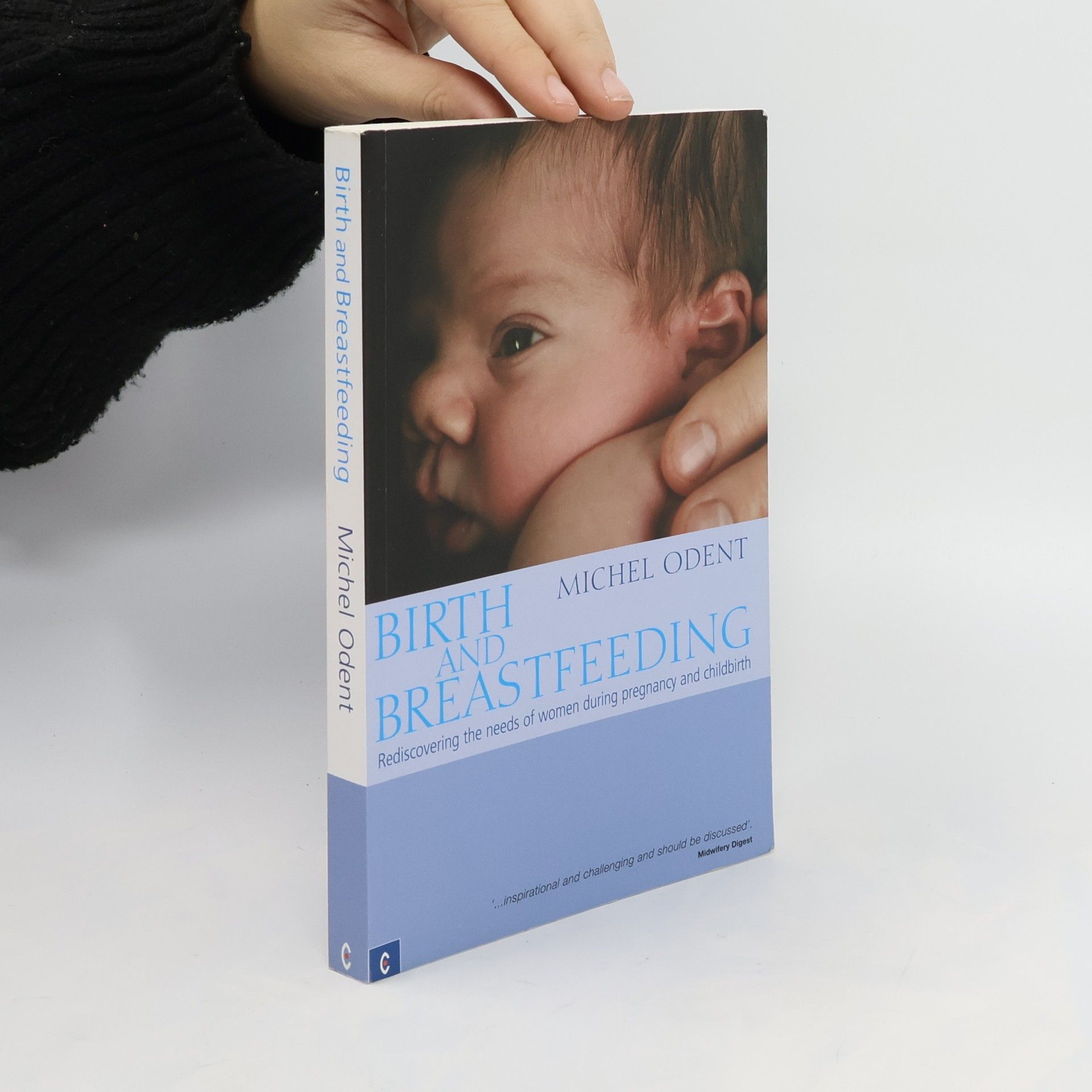

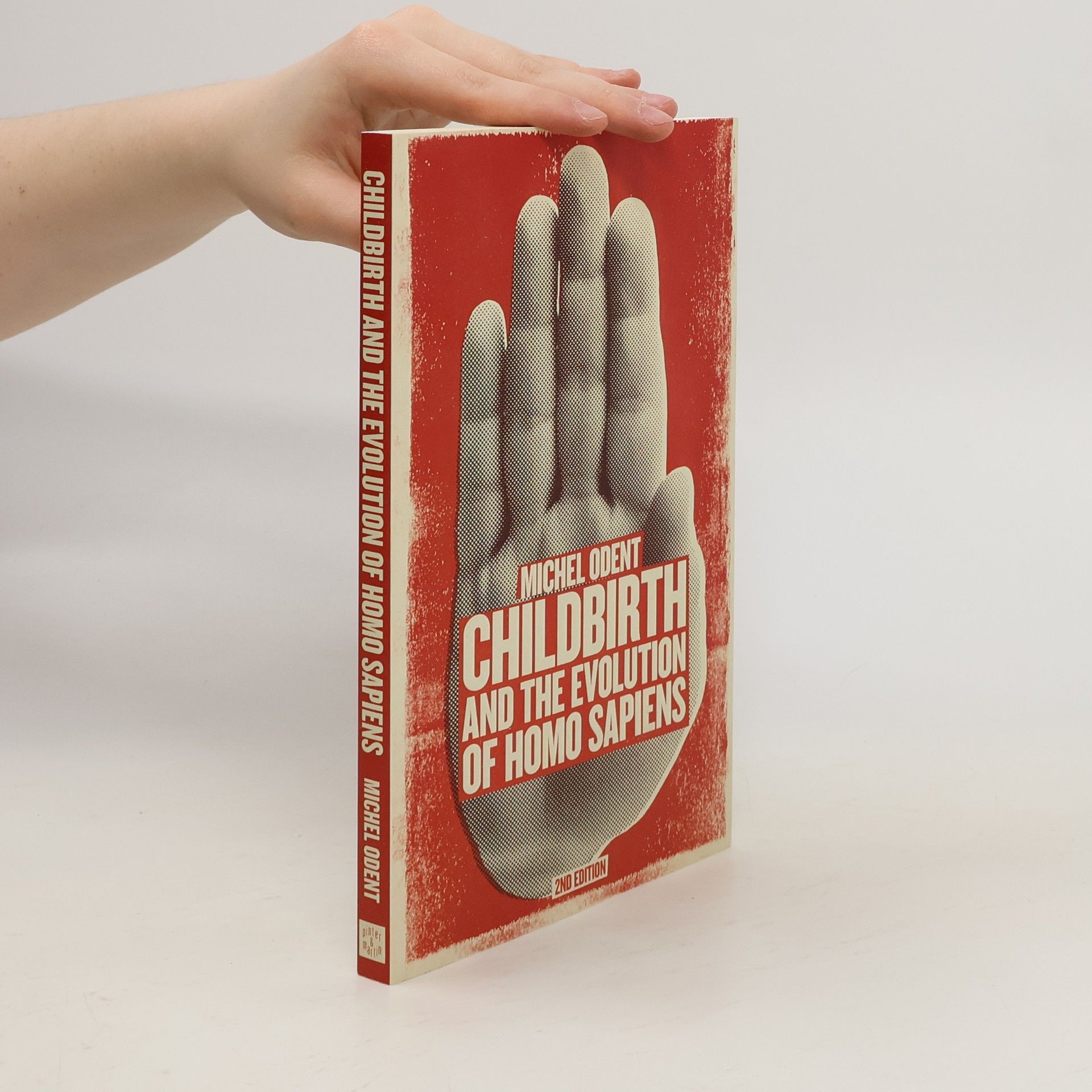

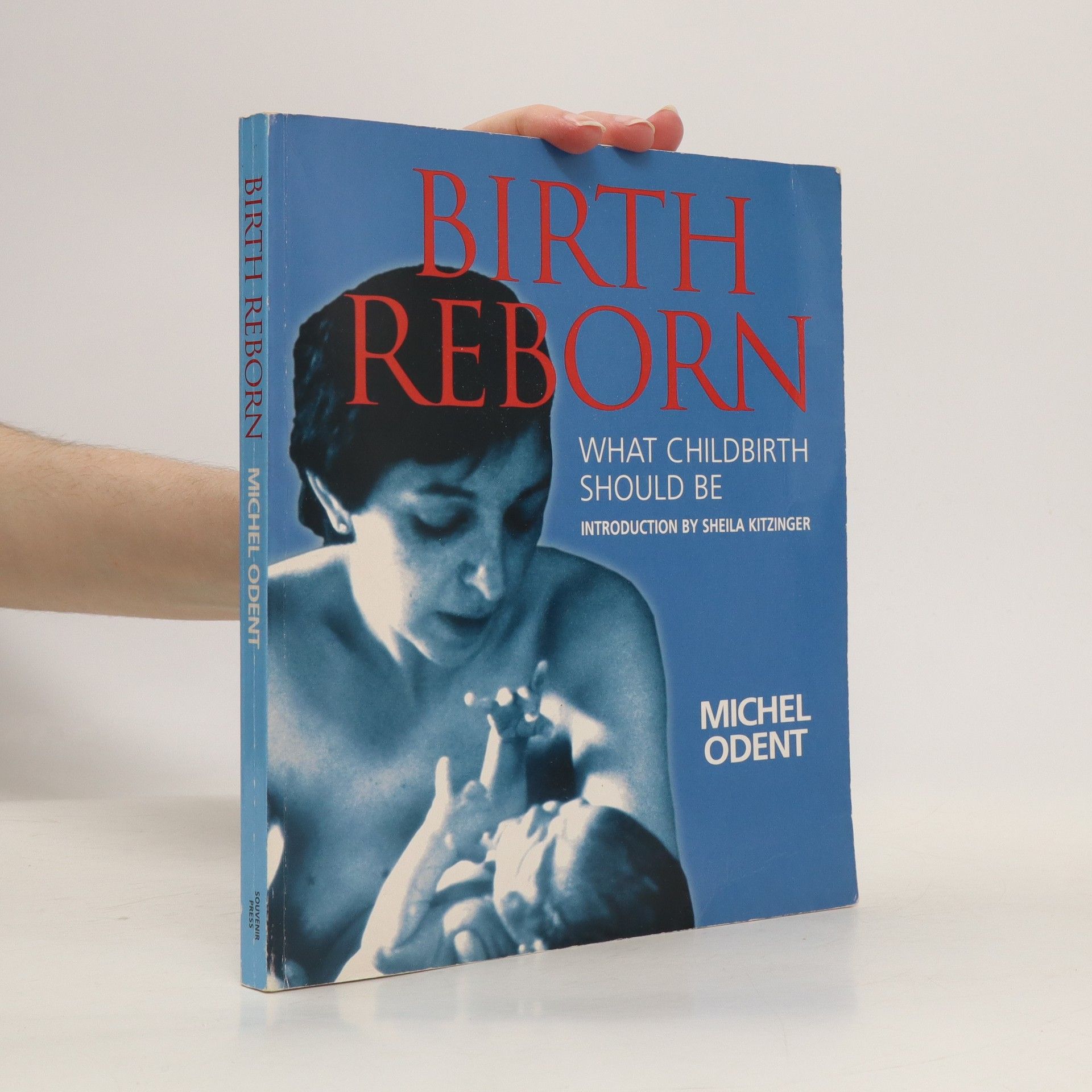

Вперше найвідоміша книга французького доктора Мішеля Одена – історія пологового відділення в лікарні м.Пітів’є – була видана у 1984 р США, згодом перекладена 13-ма мовами світу. При Одені природність та свобода стали лікарняною практикою; поклавшись на фізіологію, лікар і півдюжини акушерок змінили ставлення до пологів і практику в усьому світі. І продовжують змінювати. Палати з домашньою атмоcферою, мінімум втручань у несвідомий процес пологів – тиха революція: головні дійові особи в пологах – жінка … та її дитина. У центрі – особистісні, а не технічні аспекти пологів. Книга призначена для широкого кола читачів: батьків, які знаходяться в очікування дитини, акушерів та лікарів, які готові переглянути загальноприйняті підходи, студентів медичних навчальних закладів, доул та психологів.
Planet Ocean
- 140 pages
- 5 hours of reading
A multidisciplinary study of water, the oceans and humanity, showing their manifold connections.
Potřebujeme porodní asistentky?
- 146 pages
- 6 hours of reading
Jaká je budoucnost lidské schopnosti rodit? Jaká je budoucnost nedostatečně využívaných fyziologických funkcí? Měli bychom očekávat evoluci druhu Homo sapiens v souvislosti s tím, jakým způsobem přicházejí děti na svět? Mohou být rychle se vyvíjející vědecké disciplíny spouštěčem nového vývoje vědomí? V této knize proslulý porodník Michel Odent bere otázku „Potřebujeme porodní asistentky?“ jako jakýsi výchozí bod a prezentuje zde rozsáhlý pohled na budoucnost porodu z perspektivy vzájemně propojených vědních oborů. Dojde-li ke změně paradigmatu, jaký druh porodních asistentek bude zapotřebí? Jak dlouho ještě můžeme neutralizovat zákony přirozeného výběru? Položí si lidé životně důležité otázky dříve, než bude příliš pozdě? Bezprecedentní situace by měly být především inspirací ke kladení vhodných otázek. Zdroj: https://www.kosmas.cz/knihy/238894/potrebujeme-porodni-asistentky/
Císařský řez
- 183 pages
- 7 hours of reading
V mnoha zemích světa se dnes alespoň jedno dítě ze čtyř rodí císařským řezem. Toto je první kniha, která se zabývá všemi klíčovými otázkami spojenými s tímto zákrokem. Michel Odent se podílel na půl století historie císařského řezu a je tedy jedinečně vybaven k tomu, aby mohl s plnou autoritou pokládat tyto naléhavé, životně důležité otázky: - Jak se tato velkolepá záchranná operace stala tak běžným způsobem příchodu na svět? - Proč je podíl provedení císařského řezu v některých zemích 10 % a v jiných zemích 50 %? - Proč nebylo s příchodem císařského řezu eliminováno použití riskantních zákroků, jako je porod kleštěmi? - Proč bychom měli přistupovat různým způsobem k předem naplánovanému císařskému řezu, který není proveden v průběhu porodu, císařskému řezu provedenému v průběhu porodu a císařskému řezu provedenému v případě nouze? - Je kojení po císařském řezu snadné? - Co víme o dlouhodobých následcích porodu císařským řezem pro dítě? - Co víme o dlouhodobých následcích porodu císařským řezem pro matku? - O co matka a dítě přicházejí, nedojde-li k porodu vaginální cestou? … a řadu dalších.
Childbirth and the Evolution of Homo Sapiens
- 160 pages
- 6 hours of reading
This readable, yet thought-provoking book, will give anyone interested in evolution and the future of Homo sapiens much new material to consider.
Tato kniha je o tom, proč vyslovovat otázky, které se týkají možné transformace Homo sapiens v souvislosti s tím, jak přicházíme na svět. Zaprvé proto, že doba kolem porodu je nepochybně fází moderního života, která se za poslední desetiletí dramatickým způsobem změnila. Zadruhé proto, že nové vědní disciplíny potvrzují, že toto krátké období je „zásadní“ pro utváření lidských bytostí. Přenos získaných vlastností na následující generace navíc můžeme z vědeckého hlediska vysvětlit: je to okamžik, který je zásadní pro naše porozumění mechanismu evoluce druhu. V době, kdy se porodnická praxe hodnotí pouze podle krátkodobých měřítek, by nás tato první kniha o evoluci Homo sapiens v souvislosti s tím, jak přicházíme na svět, měla podpořit v přemýšlení z dlouhodobého hlediska a v kontextu evoluce svého druhu.
Former obstetrician and childbirth pioneer Michel Odent argues that the aspect of human lifestyle that has been most profoundly changed in recent decades is the period of time surrounding the birth of a child. Since this formative time is considered critical in defining our species, Homo sapiens, fundamental changes in this area should herald significant evolution in regard to how babies are born. This, surely, should be at the heart of our discussions of the future, even above considerations of how humanity and planet earth interact.
Tato kniha o mužských a ženských orgasmech přesvědčí kohokoliv, že lidskost se ocitá před nezbytnou, zásadní změnou. Díky vyspělým metodám asistovaného početí a císařských řezů, díky pokrokům anesteziologie a farmakologie a díky potravinářskému průmyslu, mohou dnes ženy dítě počít, porodit a také své novorozeně krmit, aniž by se musely spoléhat na vyplavení „hormonálního koktejlu lásky“. Lidská inteligence a vynalézavost udělala z hormonů lásky cosi nadbytečného. Zkusme se podívat do budoucnosti a zamysleme se nad naší civilizací v širším kontextu. V sázce je budoucnost lidstva.
Elever son enfant... autrement
- 324 pages
- 12 hours of reading
De l'haptonomie à l'accouchement " comme à la maison", du chant prénatal aux jeux coopératifs, Catherine Dumonteil-Kremer donne des pistes pour aider les parents à faire des choix d'éducation cohérents et respectueux de l'enfant. L'auteur s'appuie sur des articles de spécialistes mais aussi sur des témoignages de parents "experts" en leur domaine qui ont eu la générosité de partager leur savoir-faire fabrication d'un porte-bébé ou de couches lavables, allaitement du bambin, techniques non-violentes de résolution des conflits... Elle aborde les petites activités du quotidien (celles qui font les souvenirs merveilleux) tout comme les grands bouleversements, pour nous aider à acquérir ce que Michel Odent appelle l'art de " parenter ". Catherine Dumonteil-Kremer est consultante familiale, formatrice aux techniques de communication interpersonnelles, enseignante, éducatrice Montessori et animatrice en chant prénatal et familial. Elle est également maman de trois filles.

